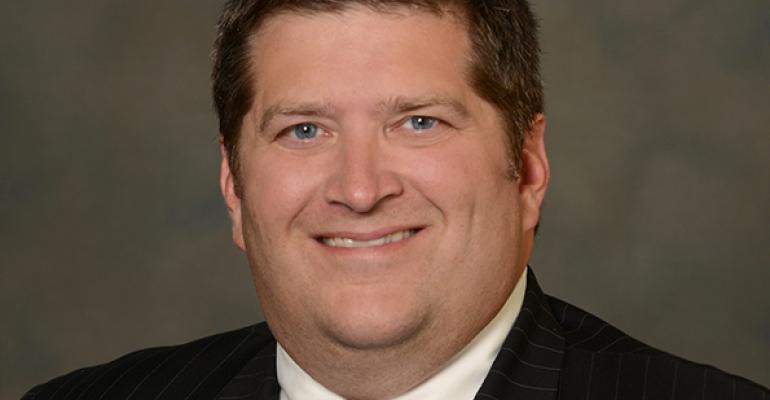REP.: Your advisory firm recently acquired an accounting firm. What was behind this decision?
Brent Brodeski: Two and half years ago, one of our acquisitions was in the tax return business. Clients love it. It gave us information that allows us to be better planners. It’s a good thing, but it’s a big headache. For two months out of every year, everything is on hold and our planners all become tax preparers.
Our core business is planning and investments, and if we have to put things on hold to work on taxes, it doesn’t make a lot of sense. We also recognize that clients love it. Being able to have a one-stop shop for investments, planning, and taxes is very efficient and very simple.
REP.: Besides adding value to your clients, what else did Green, Plagge & Shaw bring to the table?
BB: GPS’s client base is mostly doctors and dentists, but also law firms and construction firms. They have an oil field of prospective clients for financial planning, investment and 401(k) plans.
GPS also does payroll. We don’t do bill paying right now, but we’ve had clients ask us to do that. If we have a separate accounting firm, why not expand that to family offices, high-net-worth individuals, etc.?
REP.: Accounting companies have lower margins than RIAs, so how will this purchase affect Savant’s bottom line?
BB: Someone that just does taxes has huge overhead because they have little to do all season. GPS has a nice blend of accounting, payroll and tax work. It helps with margins because you use employees more efficiently.
Firms like GPS are niche specialists in dentists and physicians, and when you have a niche specialty, you can frankly drive more value. If you can drive more value, you can charge more and that will lead to better margins.
When you combine [accounting and advising] together, I think you have the ability to create enhancements on both sides. Focusing on a higher-quality client base—i.e. physicians and professionals—goes a long way to increasing margins as well.
REP.: Could this sort of deal work for other RIA firms?
BB: It could work for other RIAs, but the typical deal is that accounting firms are all trying to get into our business. The problem is that if your core competency is accounting, that’s different than investments. [Most are] accountants that manage money on the side. For years, we stayed out of it because it wasn’t our core competency.






